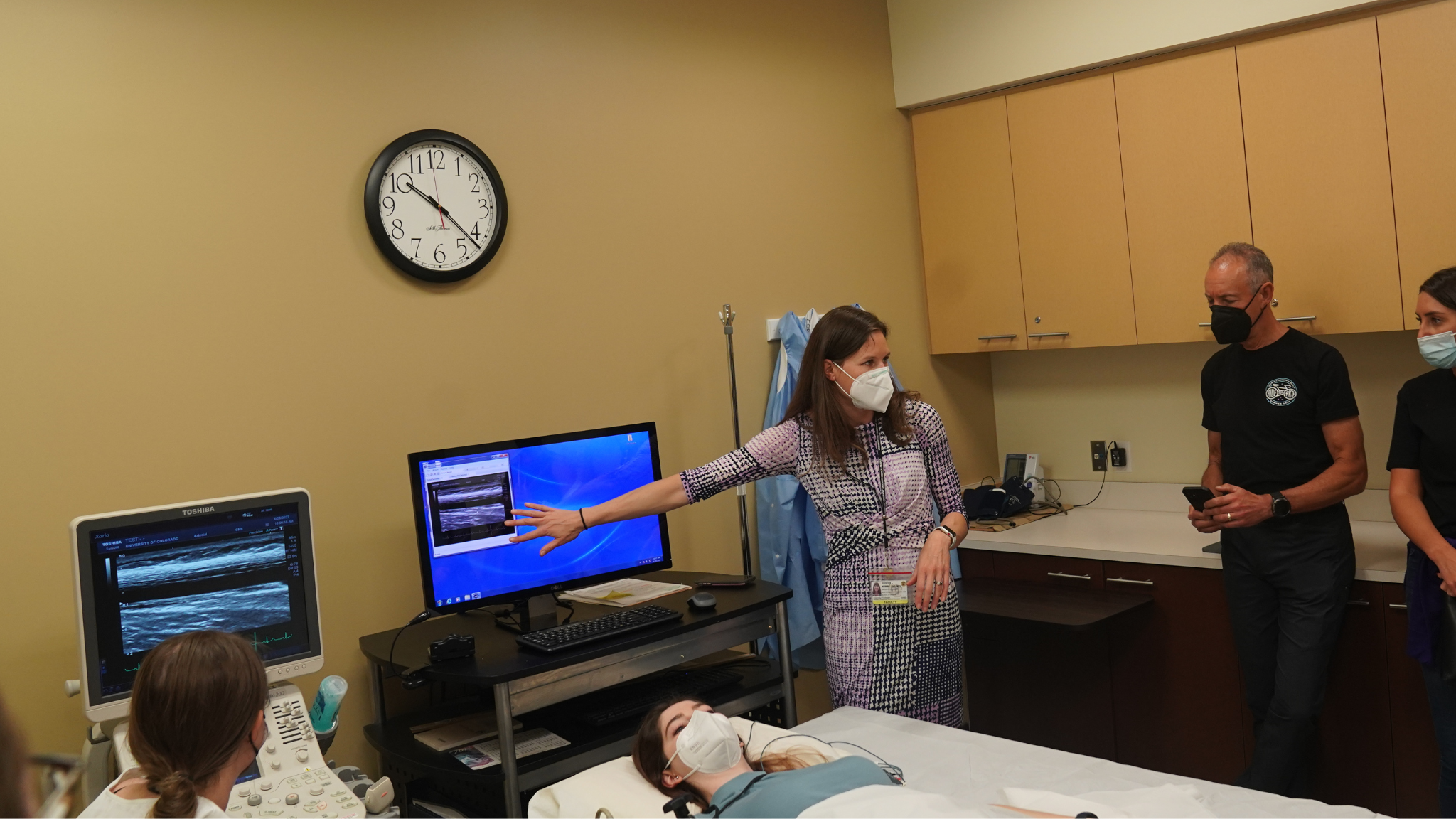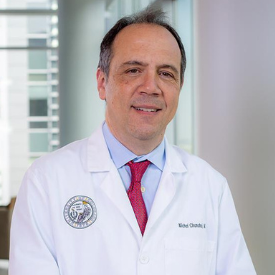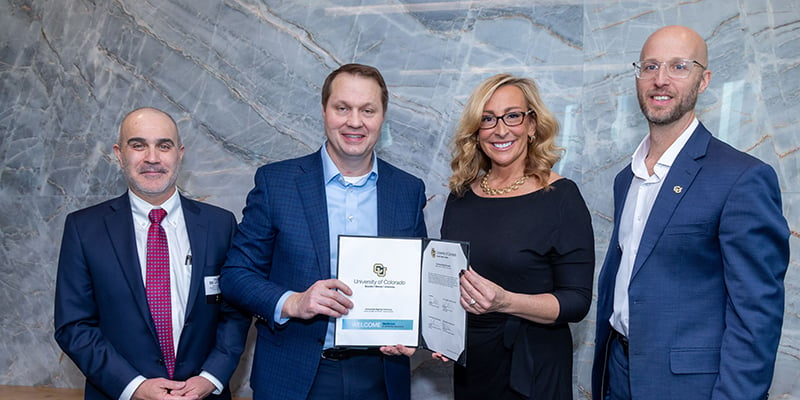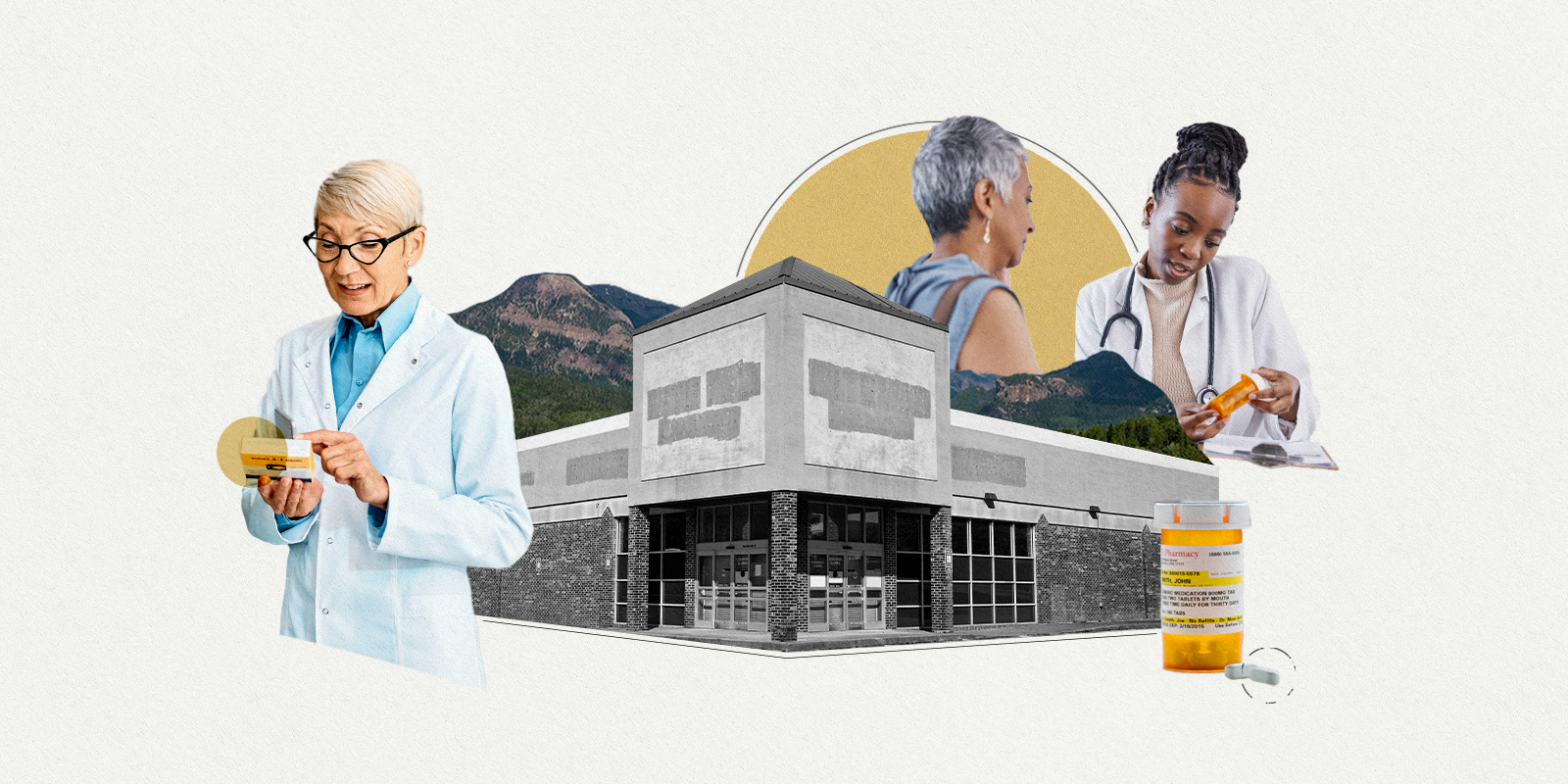It takes a certain tenacity to ride a bike across the country. That's even more true when a person is suffering from a rare disease. But Glenn Frommer is doing just that, and inspiring others along the way. Frommer is riding over 5,300 miles from San Francisco to Boston to raise funding and awareness for polycystic kidney disease (PKD).
PKD affects more than 600,000 Americans and yet, many have never heard of it. PKD is a genetic disorder that causes cysts to grow in the kidneys, where they can disrupt kidney function. Health complications include high blood pressure and, ultimately, kidney failure requiring hemodialysis. Most people with PKD will eventually need dialysis or a kidney transplant.
The diagnosis can be frightening. Frommer, who lives in Vail, was diagnosed in 2014 as a secondary finding of a MRI for a back injury. It came as a shock, but Frommer said, “You can take a diagnosis of PKD and say, ‘All right, I'm just going to wait for my kidneys to fail and I'll go on dialysis,’ or you can be proactive and try to do something with that diagnosis to help the community. You don't take it lying down, you can get involved, you can raise money for research, you can get involved in clinical trials. You can become an active voice, and help build the community.”
Leading the way in PKD research
Frommer made a pit stop on his bike tour to meet with PKD researchers at the University of Colorado Anschutz Medical Campus. CU Anschutz is a leader in basic science and clinical research to find a cure for PKD. Berenice Gitomer, PhD, research professor, Kristen Nowak, PhD, associate professor, Katharina Hopp, PhD, assistant professor and Michel Chonchol, MD, professor, in the Division of Renal Diseases and Hypertension at the University of Colorado School of Medicine, are a few of the researchers studying the disease on campus and spearheading basic science and clinical studies in PKD.
 |
| Kristen Nowak, PhD, gives Glenn Frommer a tour of the renal research clinic. |
“Our ongoing statin study is testing the effectiveness of the cholesterol-lowering drug pravastatin in patients with early-stage autosomal dominant polycystic kidney disease (ADPKD),” Gitomer said of a clinical trial which includes Frommer as a participant. “In addition to the well-known effects of statins on lowering cholesterol levels, this class of drugs has pleiotropic actions including anti-inflammatory benefits and potential ability to decrease cell proliferation (potential to decrease cyst growth).”
In addition to the statin study, CU Anschutz is conducting 27 clinical trials in PKD and other etiologies of kidney disease – four are currently recruiting participants, including in pediatric patients. “We believe that therapeutic interventions will be most efficacious when initiated early in disease before irreparable damage to the kidney has occurred,” Gitomer said. The trials address dysregulated metabolism, new methods for assessment of kidney metabolic activity, lowered blood pressure and reduction of oxidative stress.
A sometimes-overlooked fact about PKD is that the disease can affect multiple organs, and cardiovascular disease is a leading cause of mortality in PKD patients.
“Cysts may occur in other organs apart from the kidneys,” Gitomer said. “Liver cysts are a common complication causing massive liver enlargement, pain and liver-cyst infections. However, early onset of hypertension is a significant complication. One in five children with ADPKD is already hypertensive, and the average age of hypertension onset in adult patients with ADPKD is 32 in men and 34 in women.”
She said the early onset of hypertension, if untreated, may lead to cardiac damage and increased mortality. Vascular problems including arterial stiffness is present even in children and is driven by oxidative stress, making it important to closely monitor vascular function and stiffness in trials.
Providing hope for the future
Frommer listed three goals when asked what he hopes to achieve with his RideforPKD. The first is to raise funding for more research into the disease. The PKD Foundation receives about 60 grant proposals from CU Anschutz and other universities nationwide each year, but has only enough resources to fund six to eight grants annually.
The second objective is to raise awareness of the disease. Raising awareness can help people look for early warning signs, such as hypertension and hernias, and encourage patients to participate in clinical trials.
Another goal is to build community. “A lot of people don't know where they can turn for help, what they can do to help themselves, or what kind of research is going on,” Frommer said. “What I'm trying to do with the tour is to get through as many big cities as I can to meet with researchers and PKD Foundation chapter members, because we want to connect the community that needs the help with the community of researchers in order to provide hope.”
What can you do to help? Anyone can ride with Frommer, support the cause by buying merchandise or making donations to help fund more grants. Also, Frommer is heartened by anyone who cheers him on from the sidelines.





